Walking through the University of Massachusetts campus, students can be seen indoors either masked or unmasked after the University removed the mask mandate on March 8, 2022. The mandate was lifted via email statement sent out by Vice Chancellor Brandi Hephner LaBanc.
Since then, students at the University have expressed their opinions on the lifting of the mandate, while the Massachusetts Society of Professors, Professional Staff Union and the University Staff Association of UMass have filed unfair labor charges against the University.
An internal email obtained from the PSU contains a memo sent to Chancellor Kumble R. Subbaswamy by LaBanc and those on the Implementation Team, Provost and Senior Vice Chancellor for Academic Affairs John McCarthy and Dean of the College of Natural Sciences Tricia Serio. The email shows that a decision to lift the mask mandate was made on Tuesday, March 1, without informing the unions at their previous weekly Thursday meetings.
According to the co-chair of the PSU, Brad Turner, there were previous discussions regarding the mask mandate between the administration and unions, setting a target date for the mask removal on April 1. The PSU, as well as the other unions involved, learned of the sudden change only two hours before the official announcement came out to the campus community via email.
The internal email states that the reasons made to lift the mask mandate came from the lower number of cases on campus and the desire to stay competitive with other universities as upcoming college freshmen make their decisions on where to spend their next four years.
“As other colleges and universities lift their mask mandates, we will be increasingly seen as an outlier,” the internal email sent by LaBanc read. “We do not want an outlier masking policy to adversely affect our competitive position.”
PSU UNmasking charge 04042022 (1) (dragged) PSU UNmasking charge 04042022 (1) (dragged) 2 PSU UNmasking charge 04042022 (1) (dragged) 3
Andrew Gorry, the assistant director of communications and content strategy for the Manning College of Information and Computer Science, said there was no warning and that the biggest concern was how this was going to compromise individuals who are immunocompromised.
“If you’re a student with a disability, does the University want to compete for you?” Gorry asked.
Melinda LeLacheur, the program coordinator for the Research Compliance Department at UMass, also took issue with the sudden removal of the mask mandate.
“A lot of members were really confused and were definitely put into a tailspin,” LeLacheur said. “We could have been part of the discussion.”
President of the University Staff Association Leslie Marsland said that although they knew that the mask mandate was going to be lifted, it was the timing of it that bothered them.
“A few hours’ notice didn’t allow them any time to prepare,” Marsland explained. “They just popped this right on us and cut us out of the picture.”
LeLacheur said that this lack of advance notice was also met with “a lack of real guidance,” adding that the University “basically said ‘figure it out on your own.’”
The Massachusetts Daily Collegian obtained records of emails sent to the Vice Chancellor and the Chancellor that show concerns of removing the mask mandate, while some parents were in favor of the removal before the announcement came out.
In an email signed “angry parent” sent to the Chancellor on Feb. 28, a parent was questioning whether the Chancellor wore a mask in his own home when he walked to his bathroom or bedroom, comparing it to students who live in the dormitories who were required to wear masks in common areas while the mask mandate was in practice.
“Zero hospitalizations for covid, but guess what? I guarantee you’ve caused some for mental health,” the email read. “This needs to stop. I don’t care what the town is amherst says [sic], you have power to move this along.”
Yet, in another email obtained that was sent to Ann Becker and Jeffrey Hescock, a professor showed concern on the sudden change. The professor’s name was redacted as part of the record request.
“I can see no justification to give faculty, staff and students less than 16 hours warning about such a policy change, especially with spring break starting on Saturday,” the email read. “I have a student in my class who is immunocompromised and has just emailed about his anxiety about the in-person exam on Thursday.”
Karen Miller, a career educator at UMass, commented on the she mixed feelings she has about the situation, as she worries about the effect this change will have on students.
“In general, lifting the mask mandate is a good choice right now, but if COVID rates change in the future, I may feel differently,” Miller said. “However, I am extremely concerned for those members of our community who have immune system challenges and those who have loved ones with health issues.”
—
Kai Strickland is one of those community members who has been faced with these challenges and who worries about the mask mandate lifting.
Strickland said that because there was hardly any warning on the change of the masking mandate, it restricted them from “working with my department, working with my boss and working with my coworkers to make that transition go smoothly.”
Strickland said they are now stressed about the situation and have “never felt so unsafe at work.”
“I’m still currently having issues on when I can eat, and if I’m sharing a space with people who are not wearing a mask then that changes the calculations for me,” Strickland explained.
The University’s rationale for removing the mask mandate also came from its following of the Center of Disease Control and Prevention’s guidelines regarding the COVID-19 pandemic. At the time of the decision, Hampshire County was labeled a “medium risk,” which by CDC standards does not involve a mask requirement.
“Our repeated appeals to CDC guidance in the past make it difficult for us to justify deviating from their new guidance on face coverings,” the internal memo read.
Between the dates of April 13 and April 19, UMass had a cumulative positivity rate of 3.5 percent and 93 positive cases of COVID-19.
Selassie Kendrick can be reached at [email protected]. Sofi Shlepakov can be reached at [email protected] and followed on Twitter @SShlepakov.

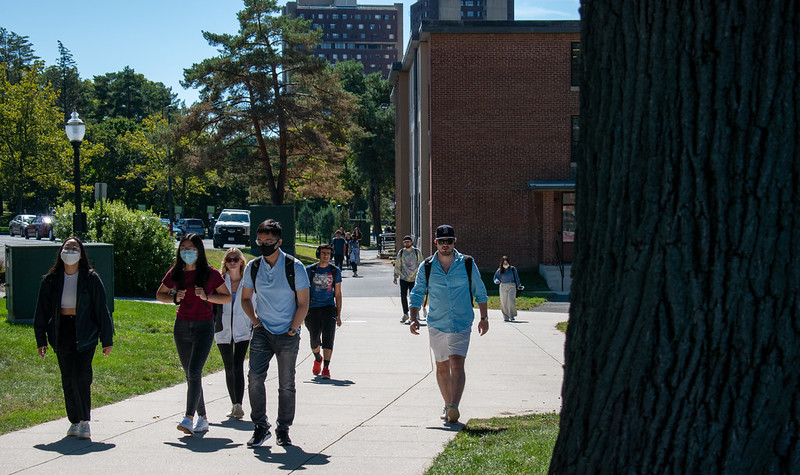




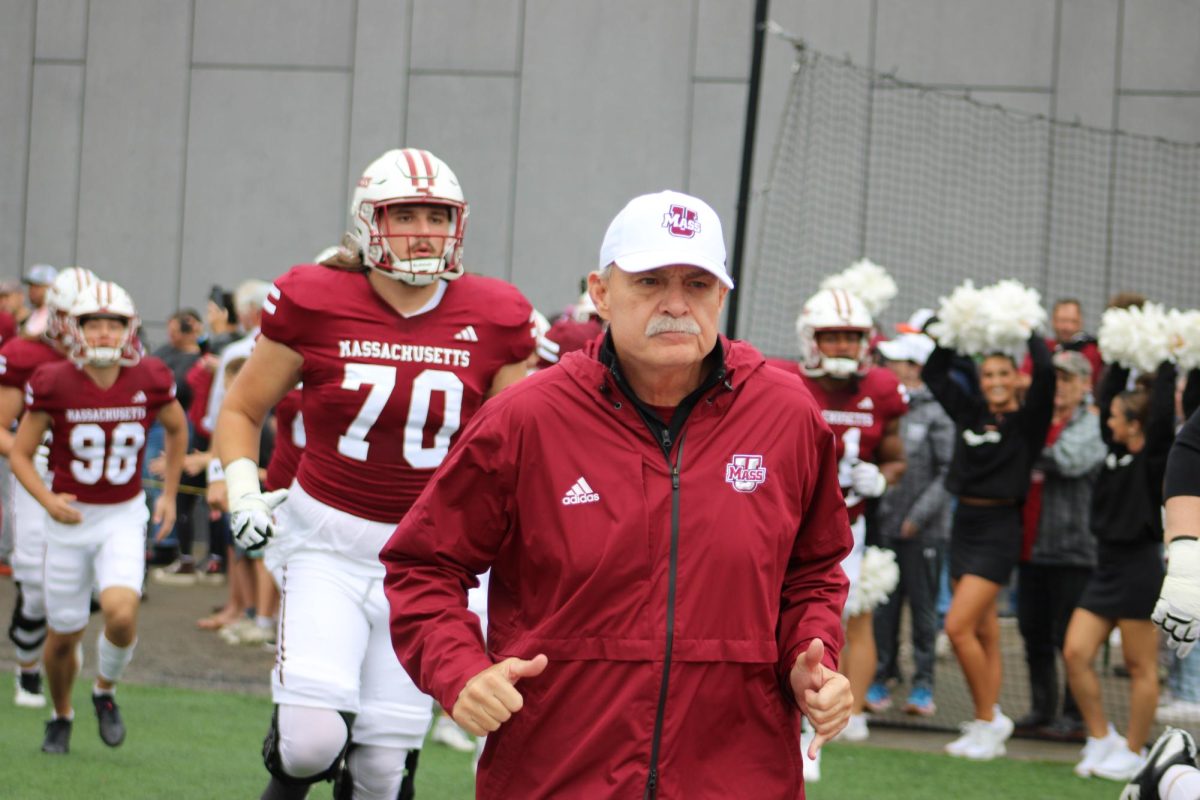






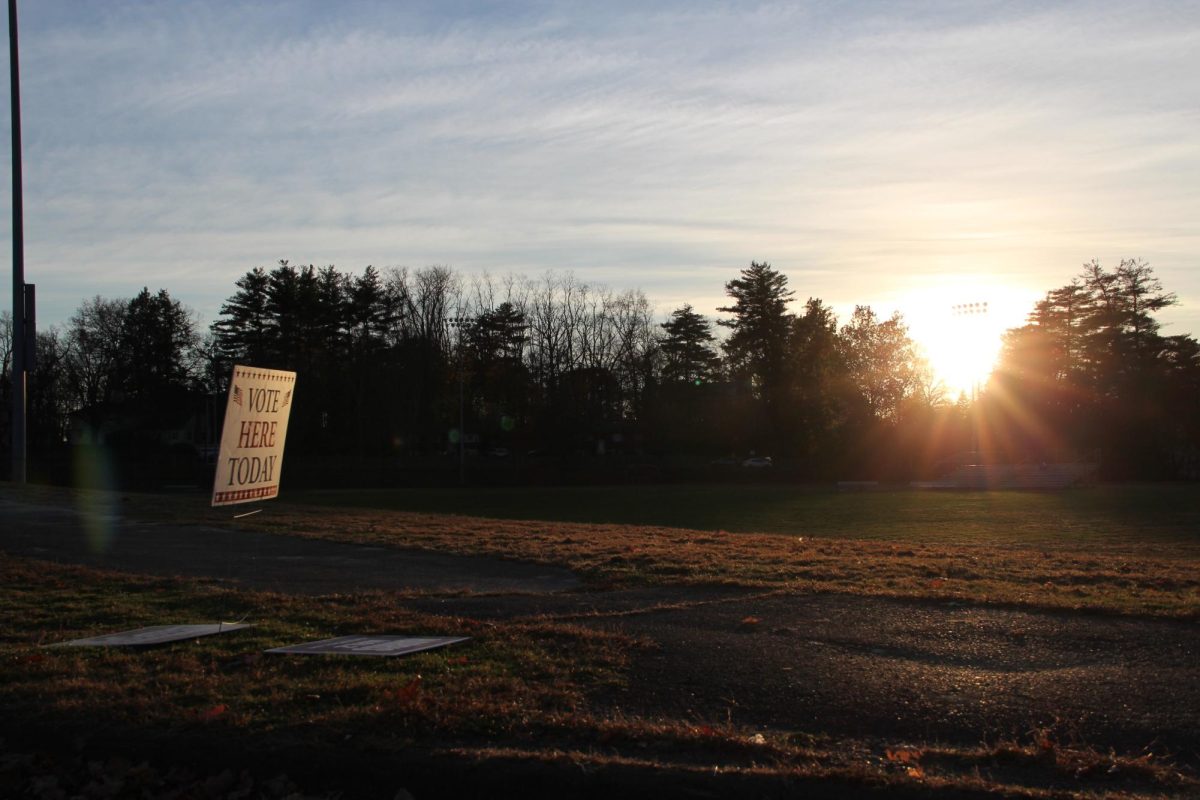




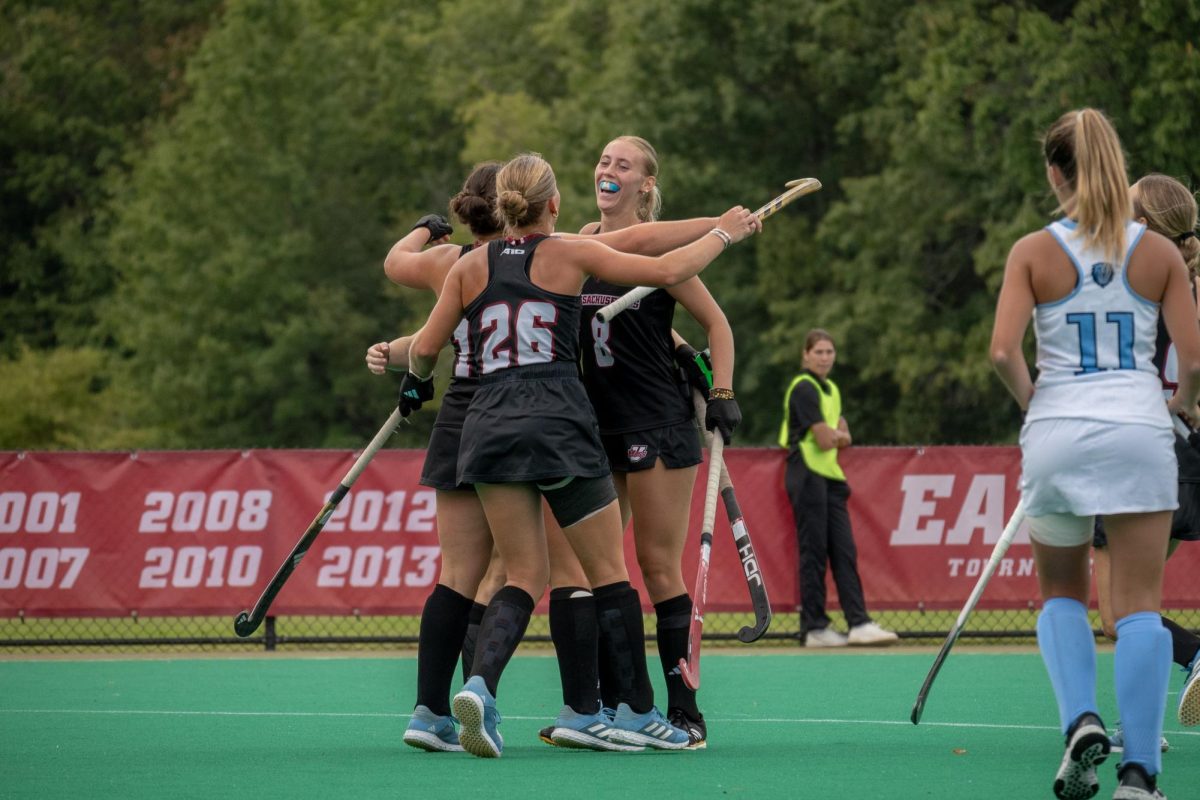
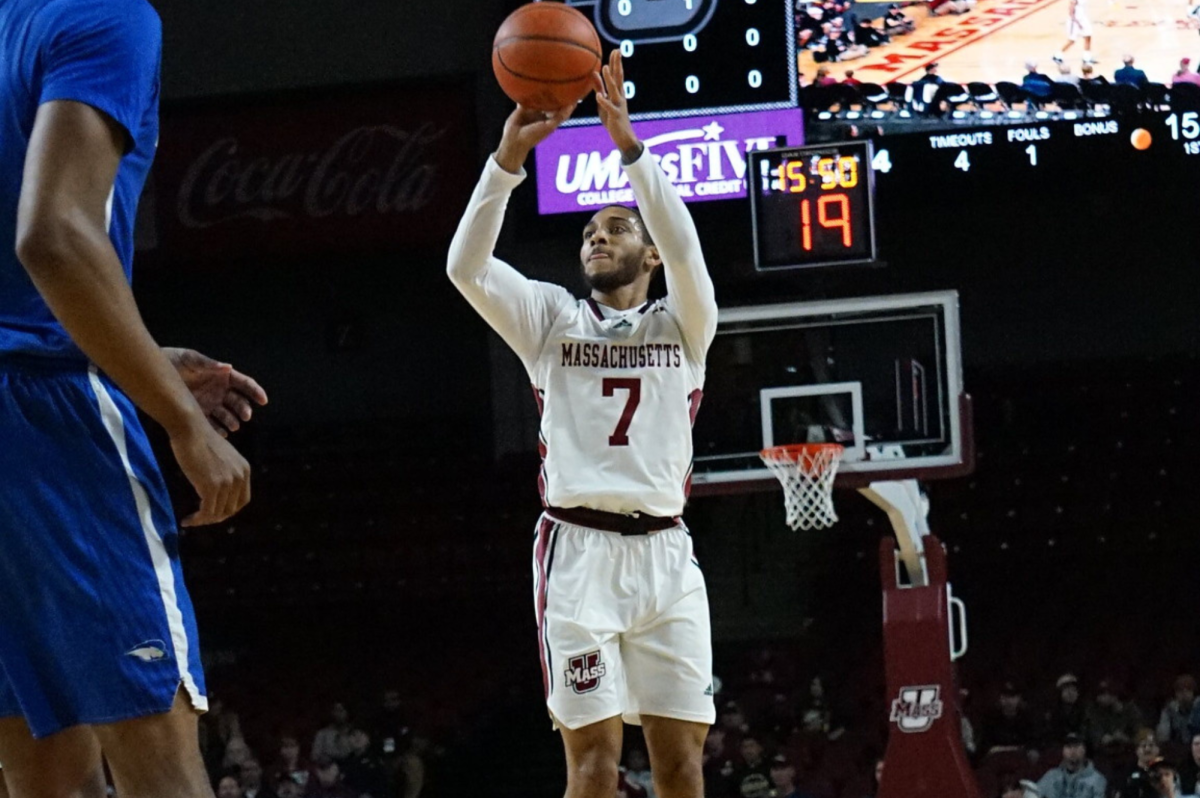
Leslie A Marsland • Apr 27, 2022 at 11:21 am
Thank you for this article. Well done. Leslie Marsland, University Staff Assoc. President